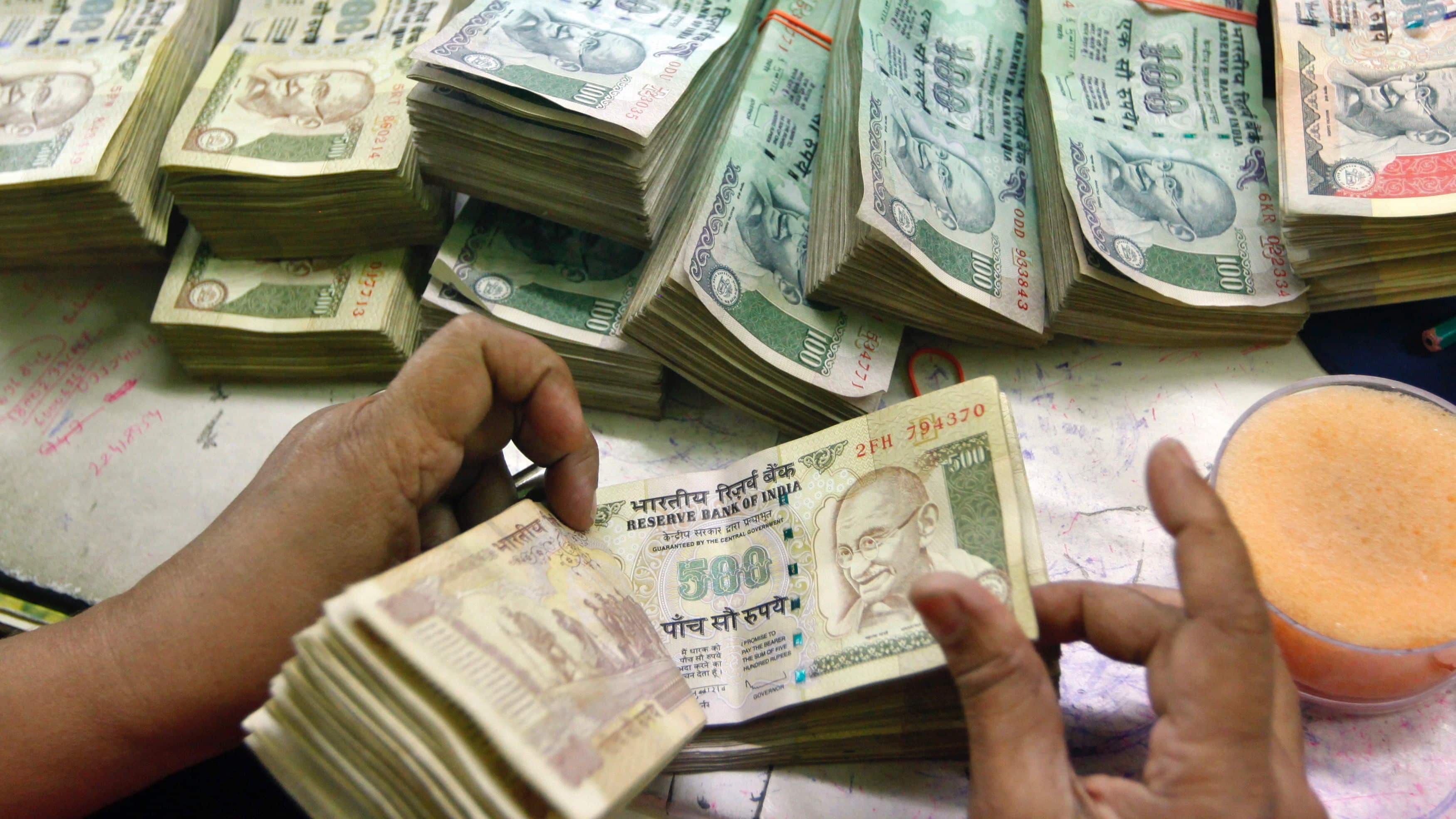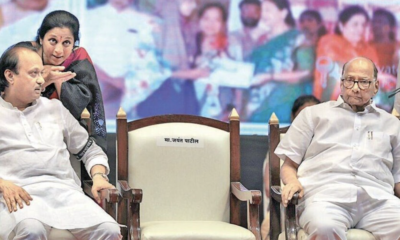Demonetisation
Demonetization boosted transparency and reduced black money, says PM Narendra Modi
Prime Minister Narendra Modi claims that demonetization has boosted transparency, helped reduce black money, increase tax compliance and formalization and has benefited India as a country. Four years ago, on November 8 2016, the BJP-led government announced demonetization of the old Rs 500 and Rs 1,000 banknotes.
The government’s dramatic late night announcement of demonetization caught the ignorant citizens off guard. There was an unprecedented rush at banks and ATMs to exchange old notes and withdraw new currency. Many people, especially the poor and the old suffered as they had to stand in long queues in the hot sun and the rush of people overwhelmed the banks.
Modi highlighted that India had turned into a lesser cash-based economy with better tax compliance. He said self-assessment tax of more than Rs 13,000 crore was paid by targeted non-filers and 3.04 lakh persons who deposited cash of Rs 10 lakh or more but had not filed their income tax returns were identified. The government’s objective was to flush out a large amount of black money hoarded in cash, and the long-term objective to convert India’s cash-based economy into a digital one.
Demonetisation has helped reduce black money, increase tax compliance and formalization and given a boost to transparency.
These outcomes have been greatly beneficial towards national progress. #DeMolishingCorruption pic.twitter.com/A8alwQj45R
— Narendra Modi (@narendramodi) November 8, 2020
Piyush Goyal, Minister for Railways and Commerce & Industry, took to microblogging platform Twitter to commend the Modi government’s bold step of demonetization. Goyal said it ensured better tax compliance and higher corporate taxpayer returns. “The game-changer move also reduced corruption, led to formalization of economy and strengthening of national security. The Bharatiya Janata Party’s official twitter handle @BJP4India tweeted that the fight against black money continues post-demonetization.
However, according to minutes of the RBI board meet at 5.30pm on November 8 2016, three hours before PM Modi announced demonetization, some directors had said that most of the black money is held not in cash but in the form of real sector assets such as gold or real estate, and this move would not have a material impact on the assets. According to ET, some directors countered the government’s argument on the growth in high denomination notes being much faster than the pace of economic expansion, arguing that adjusted for inflation, the difference may not be so stark. With this the government’s claim of striking black money in the heart has been lost forever. But the cost of printing lower-denomination note and new notes has definitely left a dent in the central bank’s coffers.







































